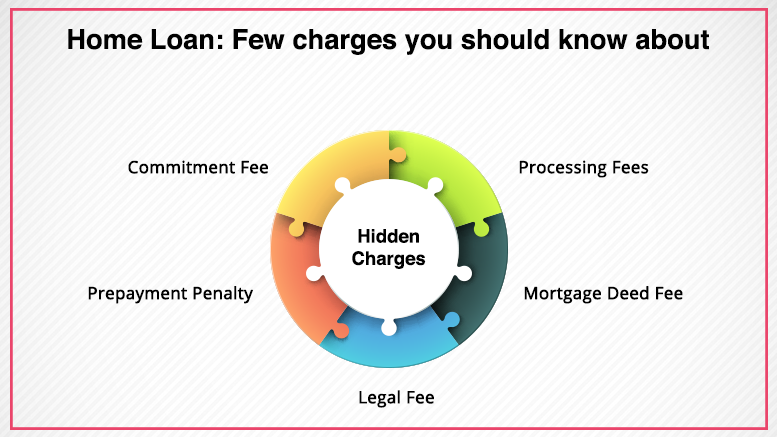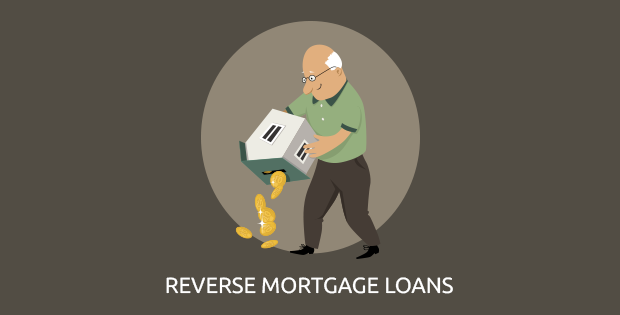
- About Us
- OUR OFFERINGS
- CALCULATORS
- RESOURCE CENTRE
-
Quick Links
- Existing Customers Benefits
- Become a Partner
- Pre-Approved Projects
- Home Loan App
- Blog
- CSR
- Locations
- Roi Switch Policy
- Co-Lending Policy
- Co-Lending Partnerships
- Customer Sensitization Program
- ROI Range
- Borrower Education - SMA/ NPA classification
- Borrower Awareness - RBI Ombudsman Scheme
- Borrower Awareness - procedure for handover of property documents
- NEWS CORNER
-
INVESTOR RELATIONS
- Financial Reports
- Investor Presentations
- Annual Reports
- Notices
- ESG Profile
- IEPF
- Investor Call Transcript
- Corporate Announcement
- Public Issue of NCD'S
- Qualified Institutional Placement
- Investor Relations Contact
- ISO CERTIFICATIONS
- Forms for Shareholder KYC-PAN-Nomination update
- Credit Ratings
- Statutory Advertisements
- ODR Portal
- Rights Issue
- Sustainable Financing Framework
- Disclosures under Regulation 46 of SEBI LODR
- CONTACT US
- Login
 Apply
ApplyOnline

India's 1st Completely Online Home Loan!
-
e-APPLY
-
e-SANCTION
-
e-DISBURSE
Start your eHome Loans Process Now!
Apply OnlineUnderstanding the important clauses in a home loan agreement

- May 29, 2019
- VIEWS: 9517
Understanding the important clauses in a home loan agreement
Home loans make it possible for potential home owners to purchase a home without having to pay the entire property amount up-front. You can simply make a down payment and pay off the remaining amount in equated monthly instalments by paying a certain interest on the principal amount borrowed. Procuring a home loan is a long procedure and involves a lot of documentation. One of the most important documents that borrowers should take a good look at before the loan is disbursed is the home loan agreement document. Let’s understand what it is and take a look at the important clauses mentioned in this document.
What is a home loan agreement?
A home loan agreement is a document governing the terms and conditions or rules and regulations of a home loan. It is a document that defines the important terms of the loan including what happens if the borrower defaults on repaying the loan, the penalties for bounced cheques and late EMI payments and so on.
Borrowers are expected to sign off this document as a formality before the loan amount is disbursed to their account. Once a borrower signs off this document, the loan comes into effect. The borrower, thus, becomes bound by the terms and conditions mentioned in the loan agreement. He/she is also held liable for all financial implications as mentioned in the document. As such, it is very important that your read the home loan agreement in detail before you sign the dotted line.
Important clauses in a home loan agreement
There are several clauses in your home loan agreement that you need to pay special attention to. These clauses form the framework of the financial transaction between the lender and borrower and each one describes the terms of the loan in detail. Here are some of the most important clauses mentioned in the agreement document.
The security cover clause: The security cover clause stipulates that your home loan be covered adequately throughout the entire loan tenure by the collateral/security provided. In the case of home loans, the property you purchase is typically considered as security. However, if the lender finds the property to be an insufficient kind of security, he may ask the borrower to provide some additional security or collateral in order to safeguard their interest until the borrower repays the outstanding loan amount.
Force Majeure clause: Borrowers can opt for fixed and floating interest rates on home loans. If you are opting for a fixed interest rate, you need to be aware of the force majeure clause also known as the reset terms of the loan. This clause in the home loan agreement implies that your lender can increase the rate of interest or even change it from fixed to floating interest rate after a few years owing to exceptional circumstances. As such, it is better to know in advance when your interest rates may possibly change than be taken by surprise when it happens.
Adjustment against other balances: All payments made by borrowers are first adjusted or set off against any pending dues which may be outstanding as of a particular date. These include penalties on interest levied owing to late payment, transaction or processing fees etc. The lender first recovers these dues after which the payment is applied towards principal repayment or EMIs.
Prepayment clause: If you can afford it, you can choose to pay off your principal loan amount over and above your monthly instalment, before the stipulated loan tenure. This is known as prepayment. As per a new mandate by the Government of India lenders are not allowed to charge a penalty for prepayment on home loans anymore. However, there are certain conditions that the borrower needs to keep in mind i.e. a specific tenure after which prepayment without penalty is possible. It is therefore important that you read the home loan agreement document properly so that you can close off your loan earlier than the actual loan tenure as it facilitates savings.
Notification clause: Borrowers are obligated to inform or notify their lender if there is any change in their employment status, profession, business, and income levels etc. You must also notify them immediately in case your address is changing (e.g. you are moving to a different city, state or country).
Definition of default: In case the borrower is unable to fulfil his loan repayment obligations, the lender considers it as defaulting. The customer has to therefore face the implications as mentioned in the terms of default. It is important to understand what is defined or categorized as default in the loan agreement.
As you can see, all clauses in a home loan agreement have legal and financial liabilities. It is therefore important that you read the document word-for-word before signing the agreement.
No Comments
Subscribe
Most Viewed Blogs
Categories
- Home Loans Guide 125
- Home Renovation Loan Guide 3
- Home Loan Transfer Guide 14
- Home Extension Loans Guide 1
- Loan Against Property Guide 28
- Home Loan Interest Rates Guide 2
- Others Guide 8
- Home Decor & Lifestyle Guide 5
- Plot Loan Guide 3
- PMAY Guide 5
- Uncategorized Guide 1
- NRI Home Loans Guide 5
- Financial Resolutions Guide 1
- New Year Resolutions Guide 1
Archives
- Mar 2020
- Jan 2020
- Nov 2019
- Jul 2019
- Jun 2019
- May 2019
- Apr 2019
- Mar 2019
- Feb 2019
- Jan 2019
- Dec 2018
- Nov 2018
- Jul 2018
- Jun 2018
- May 2018
- Apr 2018
- Mar 2018
- Feb 2018
- Jan 2018
- Dec 2017
- Nov 2017
- Oct 2017
- Sep 2017
- Aug 2017
- Jul 2017
- Jun 2017
- May 2017
- Apr 2017
- Mar 2017
- Feb 2017
- Jan 2017
- Dec 2016
- Nov 2016
- Oct 2016
- Jun 2016
- Apr 2016
- Mar 2016
- Feb 2016
- Jan 2016
- Dec 2015
- Nov 2015
- Oct 2015
- Sep 2015
- Aug 2015
- Jul 2015
- Jun 2015








